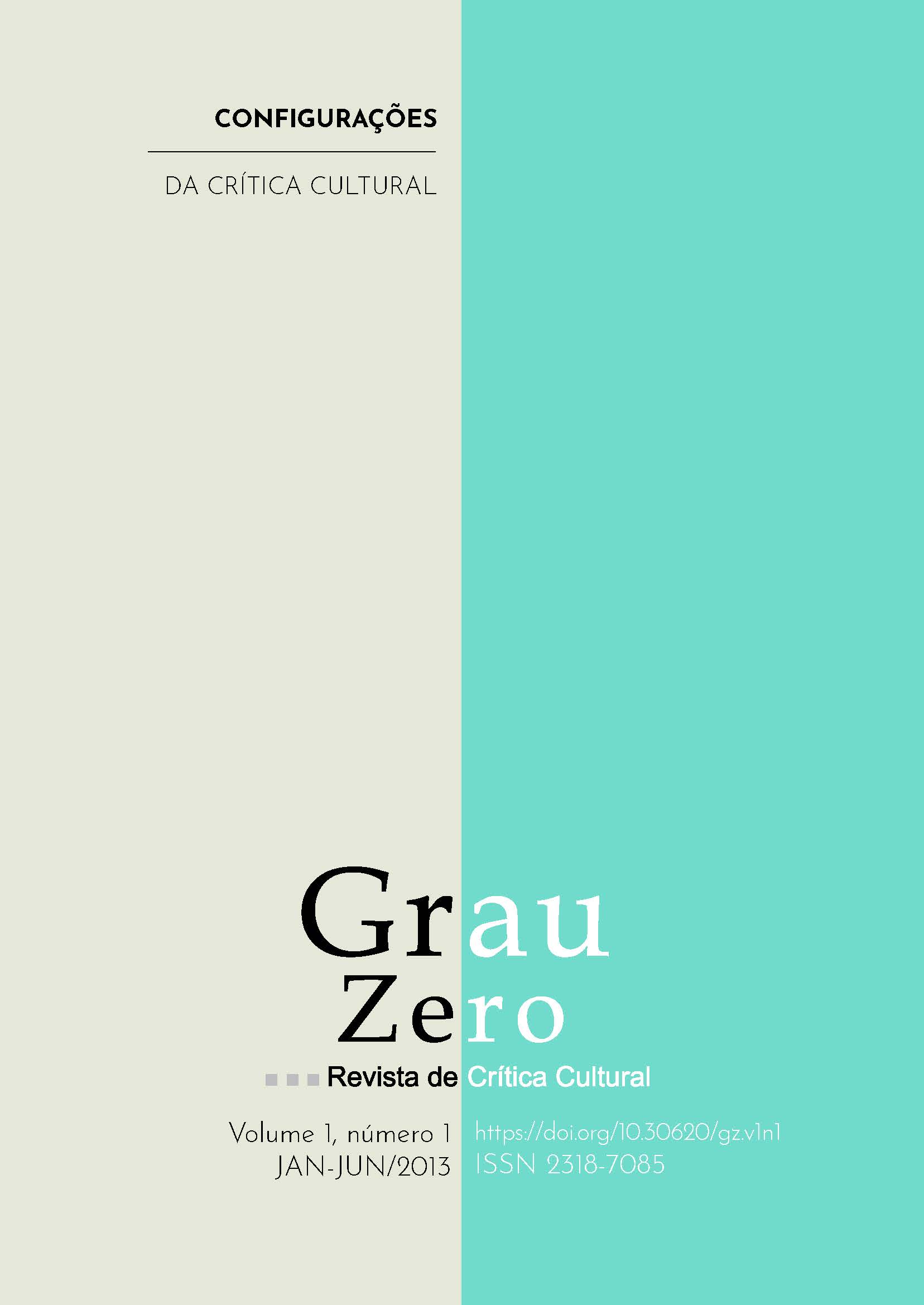“A life with no fixed points” the subaltern deconstructing normative linearities
DOI:
https://doi.org/10.30620/gz.v1n1.p33Palavras-chave:
Hatoum, Gledson, Translation, Time, SpaceResumo
According to Spivak (2000, p. 21) more thannecessary translation is inevitable, even if it is still considered impossible. When translation takes place, the “I” gets in touch with the “Other” and this “Other” is, as posed by Maggio (2007, p. 424), (re)created through what the author calls a “reductionist postmodernity”. Therefore, this article aims at rethinking Latin American postmodernity, more specifically in the Amazonian region, through the problematisation of time and space as defined by the (neo)imperial narratology. Such problematisation is here effected through Hatoum’s novel The Brothers (2002), translated by John Gledson, which potentialises this criticismby inserting into the hegemonic centre the voice of a margin that, for so long, has been silenced by it.
Downloads
Referências
ASHCROFT, B. Key concepts in postcolonial studies. London & NY: Routledge, 2007.
BUTLER, J. Undoing Gender. New York: Routledge, 2004.
COLÁS, S. Postmodernity in Latin America: The Argentine Paradigm. Durham: Duke UP, 1994.
COULTHARD, R. Domestication and Foreignisation in two translations of A Cartomante by Machado de Assis. In. GUERINI et al. Machado de Assis: Tradutor e Traduzido. Florianópolis: Copiart, 2012. pp. 87107.
HALBERSTAM, J. Queer Temporality and Postmodern Geographies. In ______. A Queer Time and Place: Transgender Bodies, Subcultural Lives. New York: NYU Press, 2005. pp. 121.
HALL, S. When was the Postcolonial? Thinking at the limit. In ______. The Postcolonial Question. London: Routledge, 1996. pp. 242259.
HATOUM, M. The Brothers. Trans. GLEDSON, J. Bloomsbury Publishing: 2000.
MAGGIO, J. Can the Subaltern Be Heard?: Political Theory, Translation, Representation, and Gayatri Chakravorty Spivak. Alternatives, v. 32, n. 4, pp. 419443.
MILES, R. Racism after Race Relations.London & NY: Routledge, 1993.
SPIVAK, G. C. Translation as Culture.Parallax, v. 6, nº 1 (2000), pp. 1324.
STEIN, S. J. and STEIN, B. H. The Colonial Heritage of Latin America: Essays on Economic Dependence. Oxford, UK: Oxford UP, 1970.
Downloads
Publicado
Como Citar
Edição
Seção
Licença
Copyright (c) 2013 Grau Zero – Revista de Crítica Cultural

Este trabalho está licenciado sob uma licença Creative Commons Attribution-ShareAlike 4.0 International License.
Autores que publicam nesta revista concordam com o seguinte termo de compromisso:
Assumindo a criação original do texto proposto, declaro conceder à Grau Zero o direito de primeira publicação, licenciando-o sob a Creative Commons Attribution License, e permitindo sua reprodução em indexadores de conteúdo, bibliotecas virtuais e similares. Em contrapartida, disponho de autorização da revista para assumir contratos adicionais para distribuição não-exclusiva da versão do trabalho publicada, bem como permissão para publicar e distribuí-lo em repositórios ou páginas pessoais após o processo editorial, aumentando, com isso, seu impacto e citação.


















